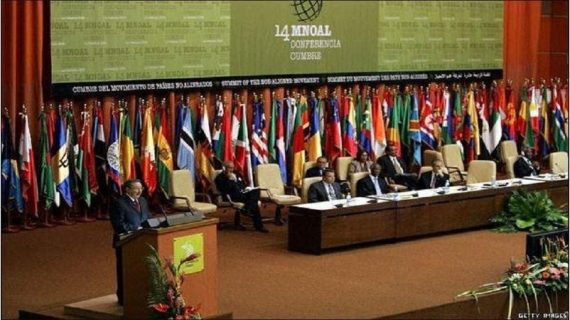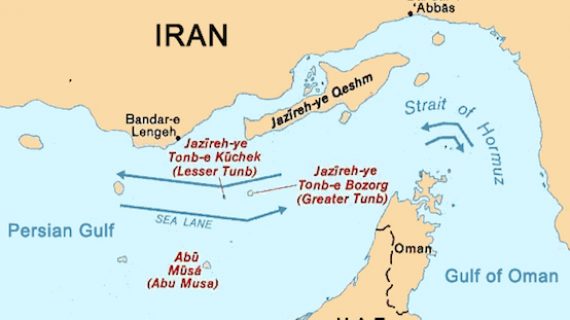Maskan Loans to Support Middle-Income Iranians
Reported by HPMM Group according to FINANCIAL TRIBUNE ; As Iran’s beleaguered housing sector continues to show signs of boom after five years of stagnancy and a majority of pundits predict a rise in home prices, Bank Maskan, the nation’s agent bank for the sector, has vowed support for middle-income Iranians who represent the bulk of real demand.
“The main target group of the bank for providing housing facilities are the middle-income people that form a portion of the third decile of the society up until a portion of the seventh decile,” Abolqasem Rahimi Anaraki, the CEO of Bank Maskan, was quoted as saying by HIBNA.
According to the CEO, middle-income Iranians are the main applicants for purchasing residential units with medium and small areas, as homes eyed by this group have an area of less than 100 square meters nationwide and those with an area of less than 75 square meters in Tehran.
“It has been decided that applicants wishing to purchase medium- to smaller-sized residential units will be given first priority in the loan allocation process,” he said, adding that luxury units and those with big areas “are in no way a priority”.
Luxury residential units constitute a notable portion of the 2.5 million empty homes in Iran. In Tehran, where about 500,000 homes remain vacant, the affluent District 1 boasts a large number of pricy empty units. However, the government is mostly focusing on boosting the purchasing power of middle-income home buyers.
Rahimi noted that more than 50% of housing demand in Tehran are for units with an area of under 80 square meters, although only 30% of construction permits last year were issued for residential units with small areas, as a majority of permits targeted bigger homes.
He expressed hope that Bank Maskan’s “smart credit policies” for the current year that began on March 21, which will mainly target middle-income home buyers, mass builders will be encouraged to turn to medium- and smaller-sized homes so that an effective management of supply and demand can control rampaging home price increases.
“Housing is an immovable property, so if we face a shortage of supply, we will be unable to provide our requirements through imports and losses will be covered with a significant delay. This is while Bank Maskan, as the specialized bank of the sector, has targeted the dominant demand in the market,” Rahimi concluded.
A host of housing experts have predicted that home prices will surpass the inflation rate–۹٫۶% for last year, according to the Central Bank of Iran–during the current Iranian year (started March 21), with some predicting price jumps of 20% or even higher.
Iranian tenants are expected to have a tough year ahead, as rents are also predicted to increase at a rate higher than the inflation rate.
As a result, the government is mulling a variety of measures to boost the purchasing power of housing applicants, including a reduction in interest rates for Maskan’s Housing Savings Account from 9.5% to 6%.
President Hassan Rouhani has expressed his support for the move, which will make the loans allocated through the scheme the cheapest in the country.
The ceiling of loans is proposed to increase to 2 billion rials ($40,000). The raised ceiling, however, would need a green light from the Money and Credit Council, Iran’s highest financial decision-making body.







